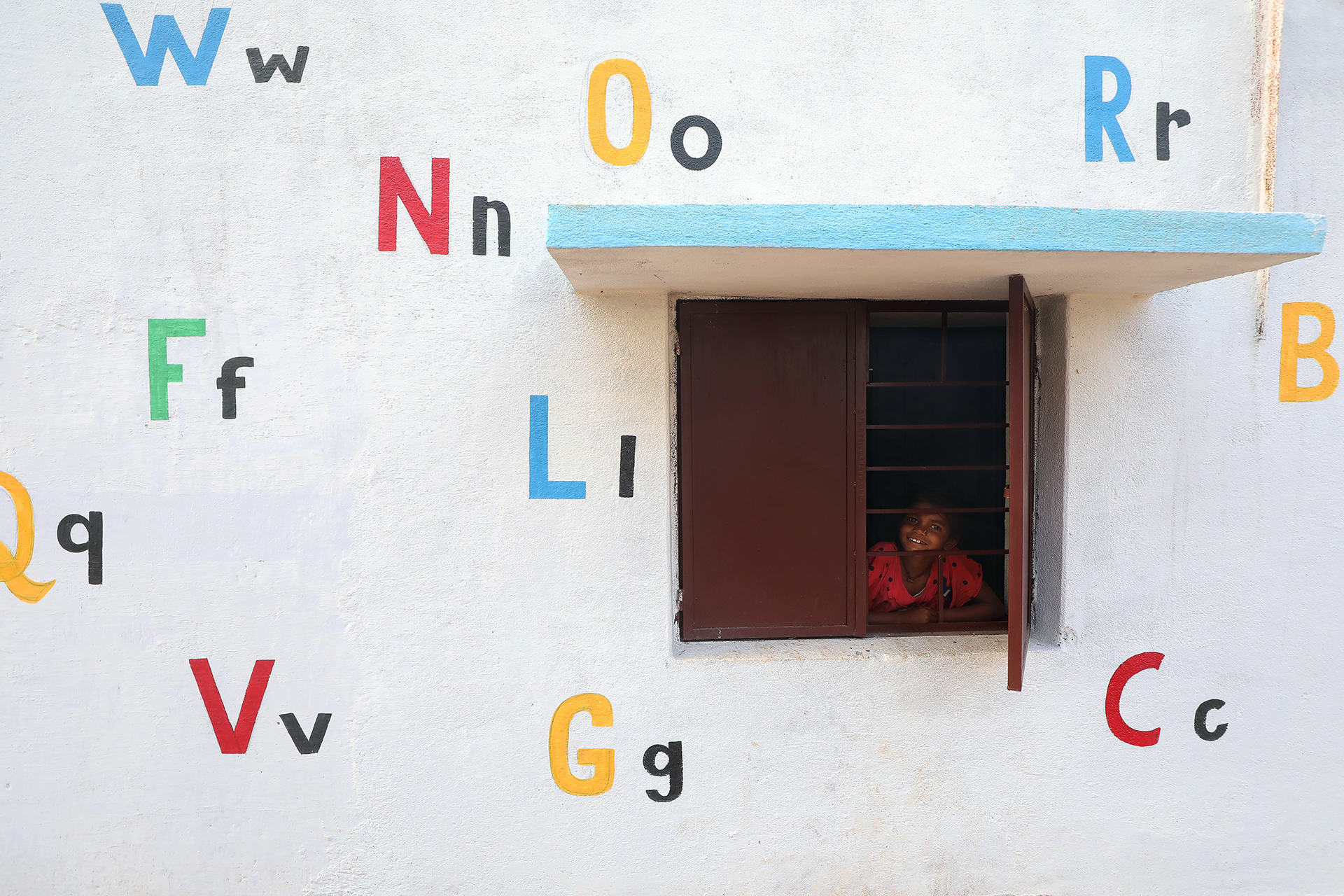
An Intersectoral Approach to Mental Health and Psychosocial Support
InterAction and ICVA Joint Global Refugee Forum Blog Series
Conflict and violence around the globe have left about 47.2 million children displaced, 15 million of which are refugees. Of those 15 million children, 40% are out of school.
The effects of displacement can be severe and far-reaching, impacting children’s mental and physical health as well as cognitive development, with significant follow-on effects on learning outcomes.
To limit these negative effects and improve the lives of refugees, school-based mental health and psychosocial support (MHPSS) and social and emotional learning (SEL) interventions are increasingly being recognized as important aspects of strengthening outcomes across health, education, and protection.
Why does MHPSS and SEL matter?
How the brain responds to perceived threats and traumatic experiences can have a strong influence on a child’s ability to recover from adverse experiences. The good news is that we understand the science behind building resilience for children, offering us a roadmap for supporting their immediate and longer-term development.
Quality education that includes MHPSS and SEL is often the answer, supporting children’s psychosocial well-being and giving them the tools they need to learn and build positive connections with others. This means that promoting MHPSS and SEL is not a luxury—it is an effective strategy to provide practical life skills and promote long-term wellbeing. This is especially true for children, teachers, and caregivers living in areas affected by fragility, conflict, and violence.
MHPSS and SEL interventions in and around the school community are low-cost, scalable, and have a high return on investment, whereas the costs of inaction are significant. Recent research has also shown that play is a powerful vehicle for children’s recovery and psychosocial wellbeing, leading to improved learning outcomes.
Pledges at the Global Refugee Forum
The Global Refugee Forum (GRF) was an important opportunity to shine a spotlight on the growing need for MHPSS and SEL interventions, underlined by the global best practices to deliver this support. Under the banner of the UNHCR Education Alliance’s Securing Sustainable Futures multistakeholder pledge, the MHPSS and SEL Task Team was coordinated by the LEGO Foundation, Right to Play International, the International Rescue Committee, UNICEF, and UNHCR. This partnership was led alongside the Group of Friends of Health for Refugees and Host Communities and the Fostering Mental Health and Psychosocial Wellbeing multistakeholder pledge.
These groups co-launched the Promoting MHPSS + SEL to enable education outcomes for refugee, displaced, and host community children and youth pledge. The pledge, which has been endorsed by over 25 entities, outlines 10 key actions covering policy, financial, and programmatic approaches to make progress a reality.
While the number of organizations committing to MHPSS and SEL at the GRF is encouraging, progress toward the realization of these pledges is contingent upon ongoing collaboration between host governments, donors, humanitarian and development actors, U.N. agencies, and implementing agencies. MHPSS and SEL interventions must be embedded within national education systems generally, and in refugee and displacement settings specifically.
A comprehensive approach that builds on the development of national and local policy initiatives is needed, in alignment with the MHPSS Minimum Service Package, developed by the Inter-Agency Standing Committee’s (IASC) MHPSS in Emergency Settings reference group. This approach should be executed through system strengthening, targeted programming, monitoring and evaluation, and dedicated funding. All four of these facets are crucial to ensure approaches are inclusive, relevant, sustainable, and effective.
Comprehensive support will also require MHPSS and SEL interventions in refugee-hosting schools to be designed in collaboration with the wider range of relevant ministries, including refugee or foreign affairs, health, protection, finance, gender, and social services.
The effective delivery of MHPSS and SEL interventions will depend on the strengthening of education, health, and protection referral systems collectively. All environments that allow for reaching the most vulnerable children and families—including formal and non-formal spaces—should be aligned with well-defined processes to maximize intersectoral collaboration.
What comes next?
Given the increasing scale and complexities of global displacement and the critical multisectoral benefits of MHPSS, the global community should hold actors accountable to MHPSS and SEL pledges to advance progress around the Global Compact on Refugees. This includes a strong focus on the principle of responsibility sharing with host governments to strengthen education, health, and protection systems that work for all.
Looking ahead, the GRF Education Alliance and MHPSS and SEL Task Team will continue to raise awareness on the importance of MHPSS and SEL and its impacts on learning for refugee and displaced children and youth, as well as track the delivery of pledges ahead of the next Global Refugee Forum in 2027.
Paramount now are two actions:
- Setting up and adequately resourcing education systems to protect and promote the MHPSS and SEL needs of all girls, boys and their teachers, particularly for those who are displaced.
- Collaboration among health, protection, and education actors at all levels—maximizing spaces such as the IASC MHPSS reference group—to maintain a holistic approach for reaching children and their families.
The MHPSS and SEL Task Team, alongside the GRF Education Alliance and Group of Friends of Health for Refugees and Host Communities, will continue to forge ahead to make this vision a reality.
—
About the Author
Elana Banin is a Policy Advisor at the International Rescue Committee, focused on igniting commitments for children and families in crisis and conflict. She has spent 15 years working on issues spanning humanitarian, development, and peace in the Southeast Asia, Middle East, and African regions.
This blog post was written in collaboration with the International Rescue Committee’s partners and MHPSS + SEL Task Team Co-Leads, the LEGO Foundation, Right to Play International, UNICEF, and UNHCR.
For information or questions regarding the brief or InterAction’s Forced Displacement Working Group, please contact Rose Worden (rworden@interaction.org).








